The 29th CAFe Budapest Contemporary Arts Festival is going to launch on the 9th of October. At a recent press conference, the organisers released the programme and the details. The 17-day-long series of all art event will include many genres in many different places in the capital city of Hungary. Host Angéla Galán told the press that CAFe Budapest has become a trend setter festival not only in the country but also in the region. One of the specialties is the involvement of public places in the programmes.
“We have never had such a need to fuel with the power of arts”
said Csaba Káel, director of the operative body of the festival, executive director of the Müpa, referring to the pandemic. He added that the festival finds it important to include new productions every year, and that will be the same way this year. An example for that is Solus Amor, a brand new performance of the Recirquel contemporary circus company by director-choreographer Bence Vági. The Museum of Fine Arts and the Hungarian National Gallery introduce the life work of Sean Scully, one of the most important representatives of abstraction today, for the first time in the Central-Eastern-European region. The retrospective exhibition introduces around 110 works: apart from monumental paintings, there are also paperworks, sculptures and photos.
CAFe Budapest finds very important to contact the most relevant events in Budapest in October, so a key partner is the Art Market Budapest international fine art fair. It won’t miss this year as well, nor the Margó Literature Festival or the Budapest Ritmo World Music Festival.
Csaba Faix, member of the operative committee of the festival, executive director of the Budapest Centre for Festivals and Tourism said that CAFe Budapest has always aimed to bring arts directly to people. Therefore, the free Intro series will turn cafés and breakfast bakeries into concert rooms, with performers like Vera Jónás, Bence Kocsis, or Lóci Csorba. On the Boráros Square, an open-space community-building performance by the Flying Bodies & Collective Dope, You are the Flow, will be seen. This year will bring back the popular storytelling competition “Budapest in 100 words”, with actress Sára Luca Boncsér, musician Benedek Szabó and poet Péter Závada choosing the best ones, performing some on the Margaret Island with music in a former mineral water bottling factory.

A scientific-artistic exhibition is also planned. Hidden Patterns – The Language of Network Thinking in the Ludwig Museum is based on the research of the internationally renowned researcher Albert-László Barabási. It shows networks between artists and institutions on the basis of virtual and real data sculptures and tools using virtual reality.
“We aim to introduce our works in a way that provides an intriguing visual, aesthetically-based catharsis. Those who aren’t interested in the content behind the artworks can simply enjoy the art, and those who are ready to spend a bit more time understanding the content can also find a surplus meaning. We try to capture this double way of reception with the exhibition”
– Albert-László Barabási stated, adding that there will be 2D network visualisations, videos, 3D-printed sculptures and many more things to discover.
As a closing note, Angéla Galán asked Csaba Faix how much CAFe Budapest became a touristic attraction and what that can mean in 2020. He replied that due to covid-19 and the decrease of tourism, the festival has to focus on Hungarian guests this year. The pandemic also motivated to bring as many programmes to outer spaces as possible.
“This festival has to be about common responsibility this time. The goal is to give a very big space to leisure time through arts, and we also have to use digital equipment to bring performances to people who are unable to come. This is a nice and serious challenge”
– said Csaba Káel at the end of the press conference.
Article: Zsolt Várkonyi
Translation: Zsófia Hacsek

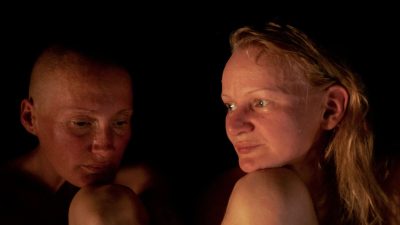
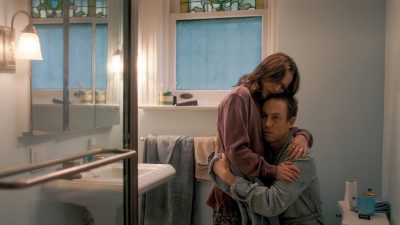
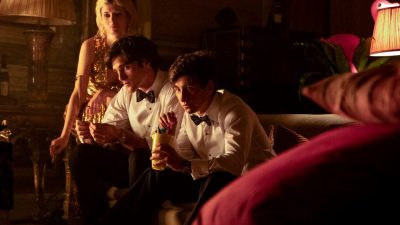
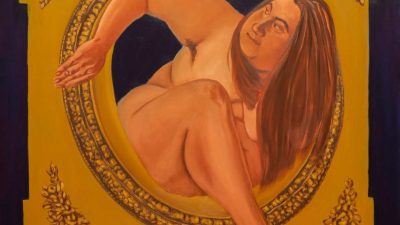
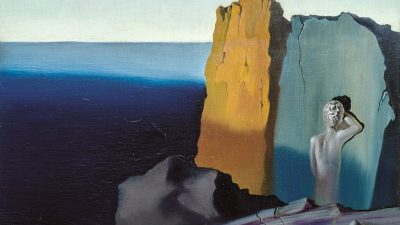
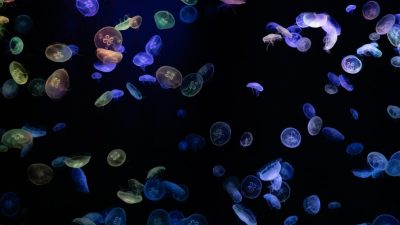


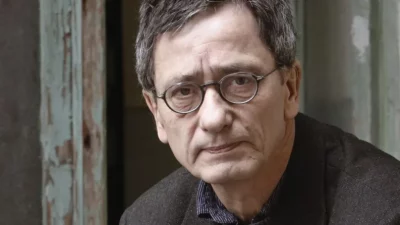



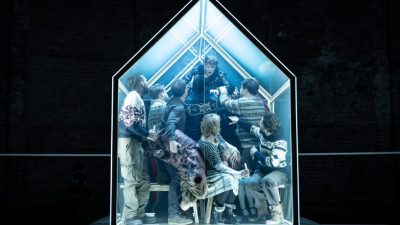
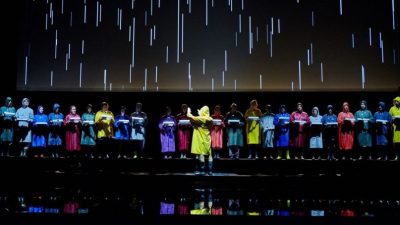


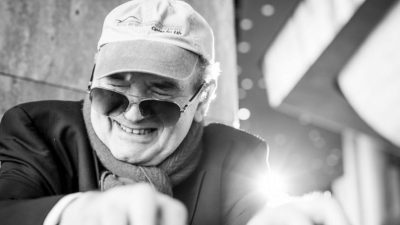


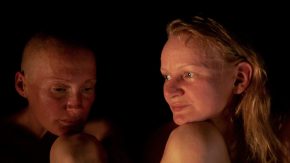
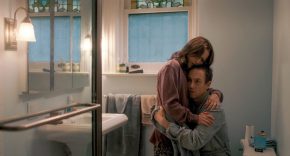
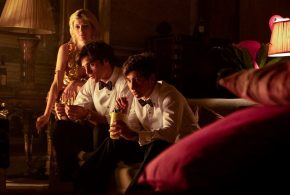
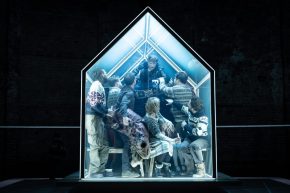
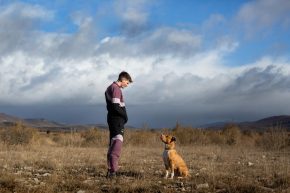
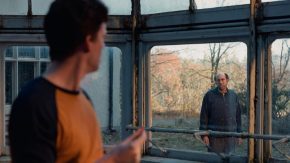
Comments